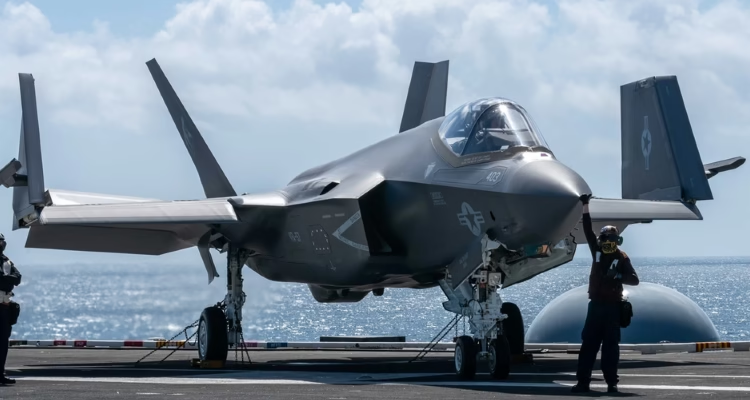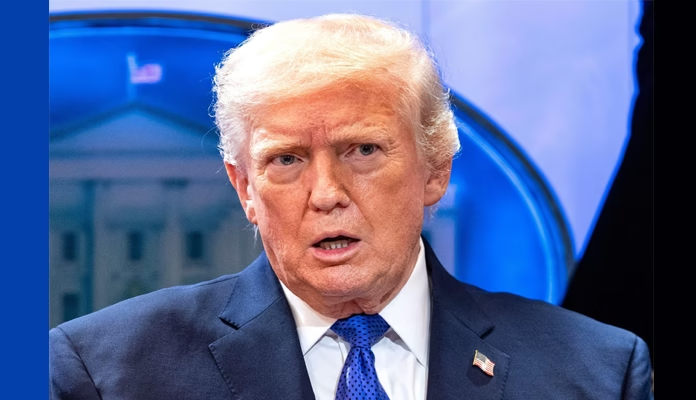
Washington, D.C.: President Donald Trump’s escalating global tariff war is dealing a serious blow to America’s defense export crown jewel: the Lockheed Martin F-35 stealth fighter. Once hailed as the world’s most advanced combat aircraft, the F-35 is now losing favor among key U.S. allies—thanks to Washington’s increasingly hostile trade tactics.
Spain Pulls the Plug
In a major setback, Spain has formally scrapped its plans to acquire U.S.-made F-35s, redirecting billions of euros toward homegrown and European military aviation programs. The Spanish Ministry of Defence confirmed it will prioritize the Eurofighter Typhoon and the Future Combat Air System (FCAS), developed by European consortiums involving Airbus, BAE Systems, Leonardo, and Dassault Aviation.
The cancellation follows Trump’s sharp criticism of Spanish Prime Minister Pedro Sánchez for allegedly falling short of long-term NATO spending goals—despite Spain’s commitment to hitting the 2% GDP mark by 2025. Adding fuel to the fire, Washington has threatened Madrid with punitive tariffs on Spanish exports. With €6.25 billion originally budgeted for fighter jets and €10.5 billion in planned spending on European defense industries, there was little appetite left in Madrid for a deal with Washington.
Swiss Backlash Intensifies
Switzerland is also reevaluating its controversial $6 billion plan to purchase 36 F-35 jets after Trump imposed a crushing 39% tariff on Swiss exports—one of the steepest in the developed world. The tariffs hit key sectors, including luxury timepieces and Nespresso capsules, sparking political outrage.
Swiss Green Party leader Balthasar Glättli slammed the deal, saying, “A country that throws rocks at us in trade shouldn’t get a present.” Social Democratic leader Cédric Wermuth called for a national referendum to cancel the contract, while even center-right lawmakers have questioned the soaring costs and political risks of buying American.
The timing couldn’t be worse for Lockheed Martin. The Pentagon has already slashed its F-35 procurement for 2026, diverting funds to alternative platforms. Switzerland’s order alone was set to make up nearly a third of the company’s 2024 deliveries.
India Stays Away
India, meanwhile, has shown no interest in joining the F-35 program. Tensions over Trump’s steep tariffs on Indian exports, coupled with policy friction and a push for indigenous defense development, have kept New Delhi focused on its Tejas Mk1A and upcoming Tejas Mk2 fighters, as well as European and Russian options.
A Tariff War Undermining U.S. Arms Dominance
Trump’s tariff-first strategy was designed to exert leverage over America’s trading partners. Instead, it’s undermining one of the country’s most lucrative industries—defense exports. The F-35, once a symbol of U.S. military dominance and alliance cohesion, is now at risk of becoming a casualty of Washington’s own economic aggression.
For Lockheed Martin, the backlash is more than diplomatic—it’s financial. As international orders crumble, the consequences of Trump’s trade war are landing squarely on America’s arms dealers.




